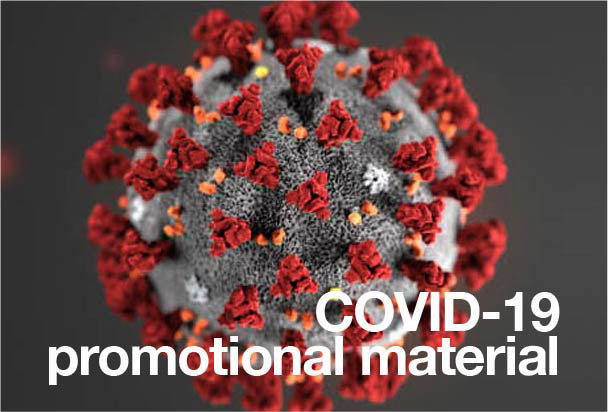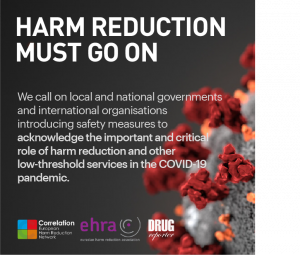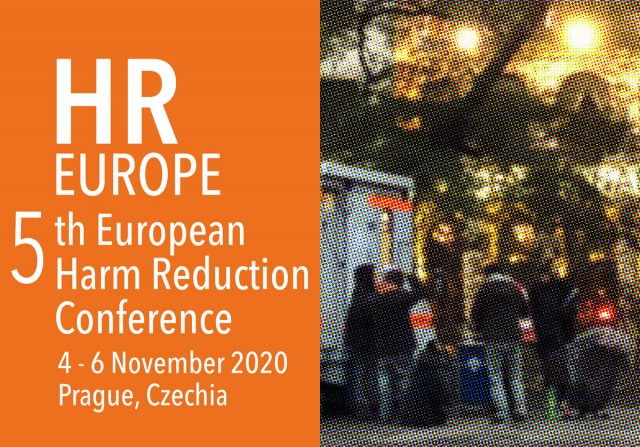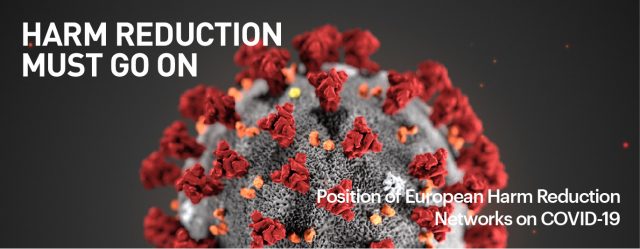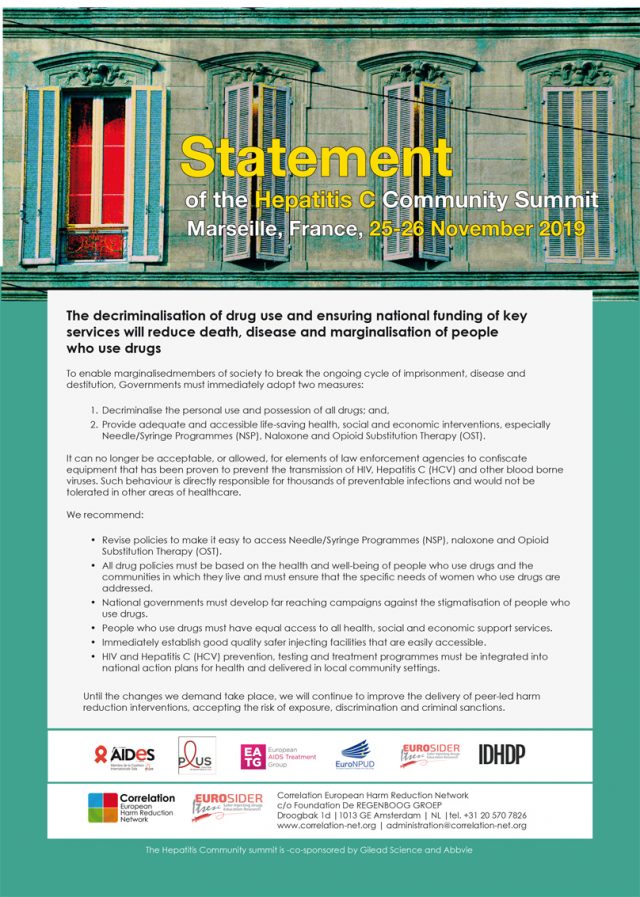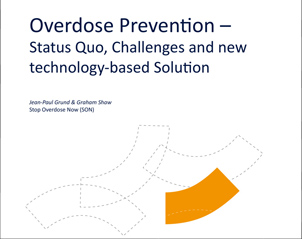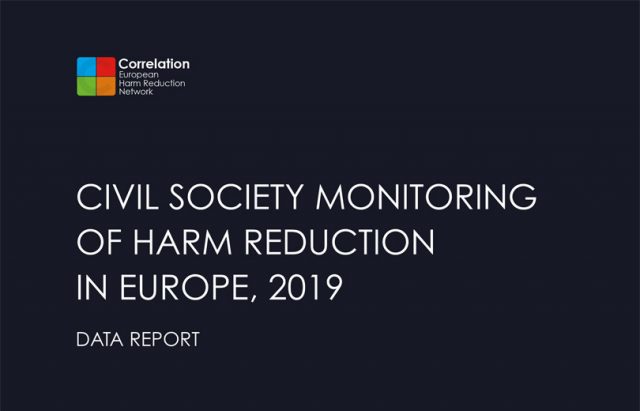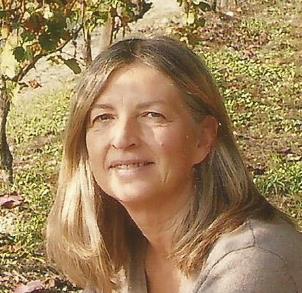Can you tell us about your background?
I am the director of FEANTSA – a European NGO that focuses on the issue of homelessness. I became director in 2001. Before, I was the coordinator of a European NGOs of older people’s organisations and did some short-term jobs at university and in the media and television sector. I studied medieval history at the University of Leuven.
How would you describe your work in general?
FEANTSA has become quite a large NGO with a 15 persons Brussels office, about 150 members from almost all EU member states, and several subsidiaries such as the European Observatory on Homelessness. My overall responsibility is to help steer FEANTSA in the right direction and to further develop the added value of the organisation for its members, partners, and policy makers.
What drives you personally to work in your area of work?
I always wanted to work for a good cause and homelessness is with any doubt one of the better causes. Homelessness is a fascinating issue with a lot of links to wider societal issues. Homeless policies in place are usually not effective nor efficient. The fact that FEANTSA does induce policy change with limited means keeps me motivated at work.
What is your current focus?
We currently focus on three major issues – the impact of flawed migration policies on homelessness; housing solutions for homeless people; and homelessness as a public health concern.
Why do you think that your current focus is important?
We want to change the predominant paradigm of homeless policies and move from managing homelessness in shelters to ending homelessness. That is only possible if we start working in policy areas that are key for the preventing and solving homelessness like health, housing and migration.
Finally, as a harm reduction network, we are surely interested in your thoughts, specifically on this topic. We would be happy if you could please answer these last two questions also.
Harm reduction is still underfunded in many countries, even if there is enough evidence that it works and is cost effective. Why is that?
There is indeed sufficient scientific evidence that harm reduction works – also for homeless people with addiction. But that does not mean that policy makers and service providers are aware of the evidence or believe it. I think there is still much work ahead to promote harm reduction as an evidence-based approach in the homelessness sector. As homeless people are too often still considered undeserving poor (in some countries more than in others of course), policy makers and services hesitate between punitive and rehabilitative solutions. The scaling of harm reduction is complicated in such a context of hesitation…
Please tell us what harm reduction means to you.
It provides stability and positive prospects for homeless people. All too often, we expect the impossible from homeless people. Accumulation of failures risks to further excludes people who are homeless. Harm reduction breaks which such a negative spiral.


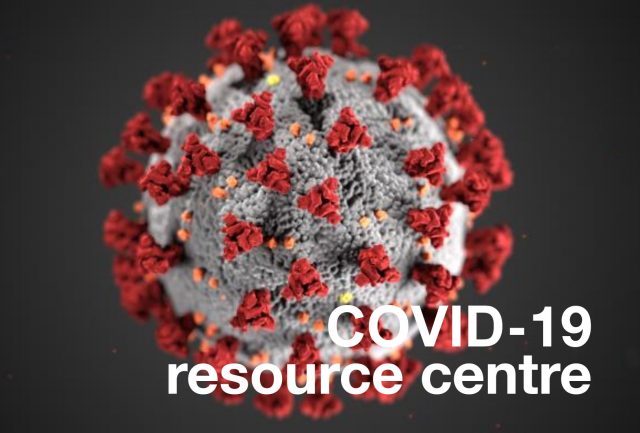
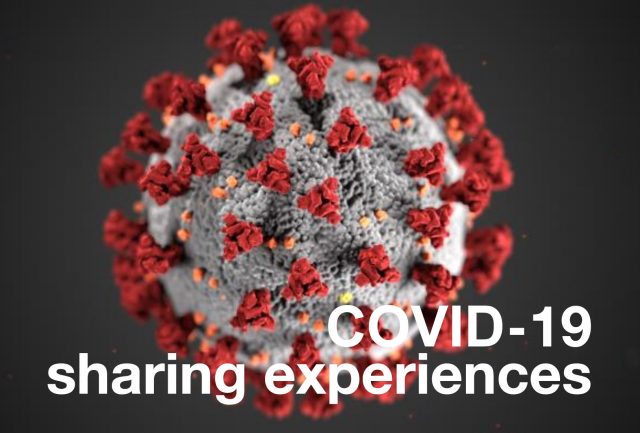






![COVID19 | Life Quality Improvement Organisation [FLIGHT]](https://www.correlation-net.org/wp-content/uploads/2020/04/20190226_124119-400x250.jpg)







